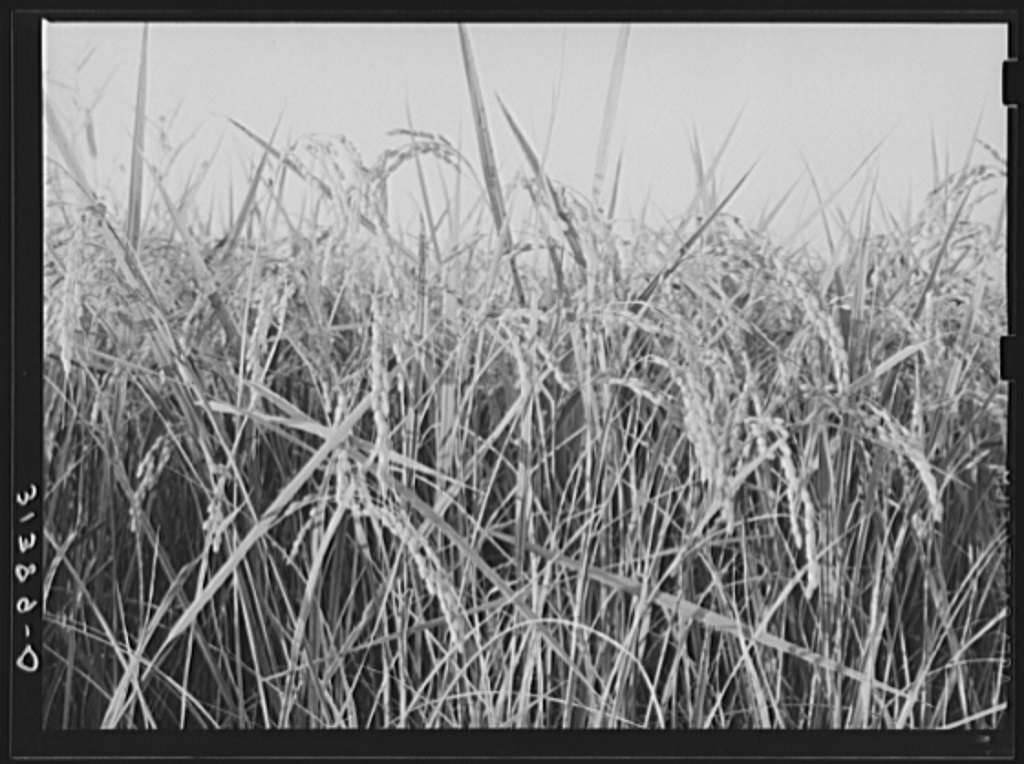Cajun Grain Rice Closes
The sound of silence spread across a Cajun Grain rice farm as operations came to a halt this year. Kurt and Karen Unkel, known as mavericks on the Louisiana staple crop scene, had been lauded in stories by the New York Times and the Southern Foodways Alliance for the journey they undertook to improve the health of their soil, their crop and their customers by converting their 2,000acre industrial rice farm into a 20acre organic and biodynamic rice farm.
After years of struggling to bring their product to a broader market, the Unkels have shuttered the farm, sold their rice mill and are looking for new work.
“It’s simple,” Kurt says: “Consumers must demand the food.” Despite the global food movement and support of local chefs like Donald Link, the demand for a premium rice product was not enough to keep the farm running.
“Pharmaceutical companies have been coming to us asking us to grow crops for nutrition pills, but we want to feed people. There are other great opportunities for farmers like us who know how to take care of the soil. We’ve been offered jobs farming for a hospital in Georgia, an organic farm in Tennessee, even rice farming in Texas.”
What needs to happen to make this type of good food sustainable in Louisiana?
“It starts with education,” Kurt says. “Most farmers don’t own their own land, and those who do, few understand the importance of soil health. If you restore the soil life on your land, it can increase the economic value more than threefold, and the nutritional value of your food even more than that, but most people don’t know that, and if they do, they don’t want to pay the $1,000 an acre to restore the soil.”
“It’ll take at least 10–15 years for the generational change in farmers to happen,” Kurt speculates. “More folks have to understand why it’s so beneficial to grow food by growing the soil, and then more people have to buy it and pay farmers for their work.”




